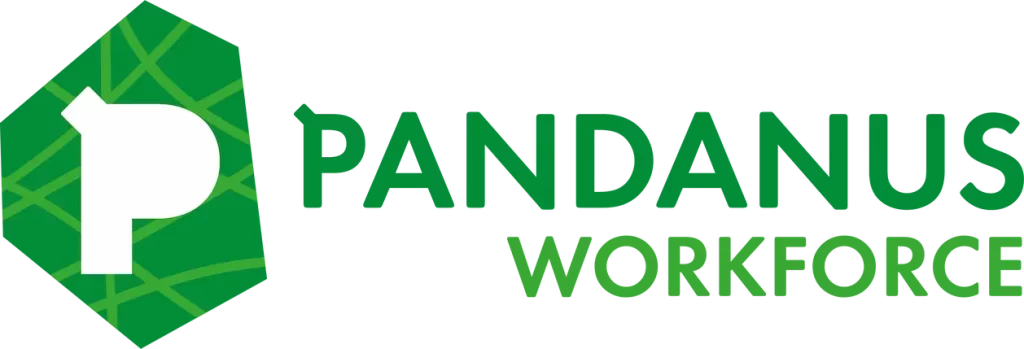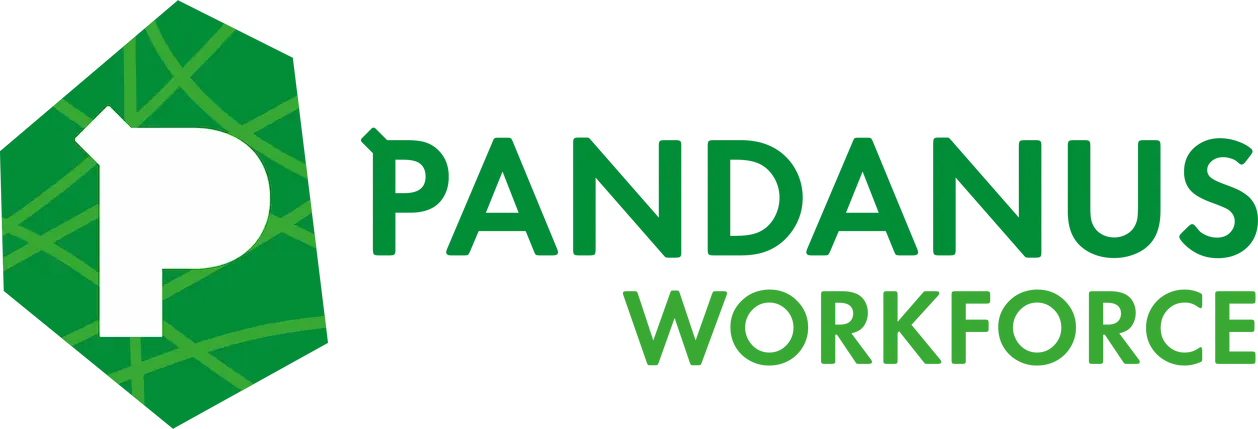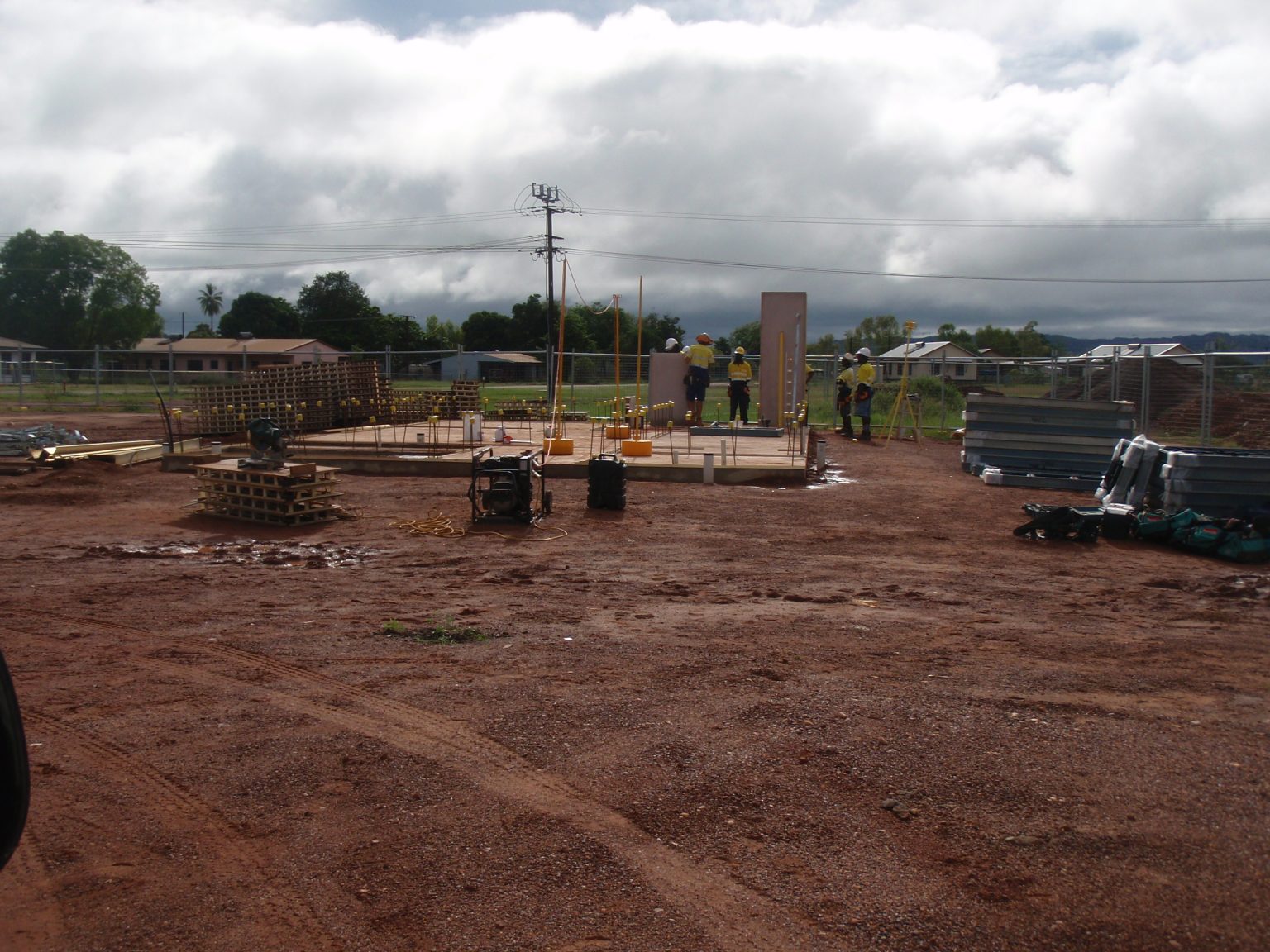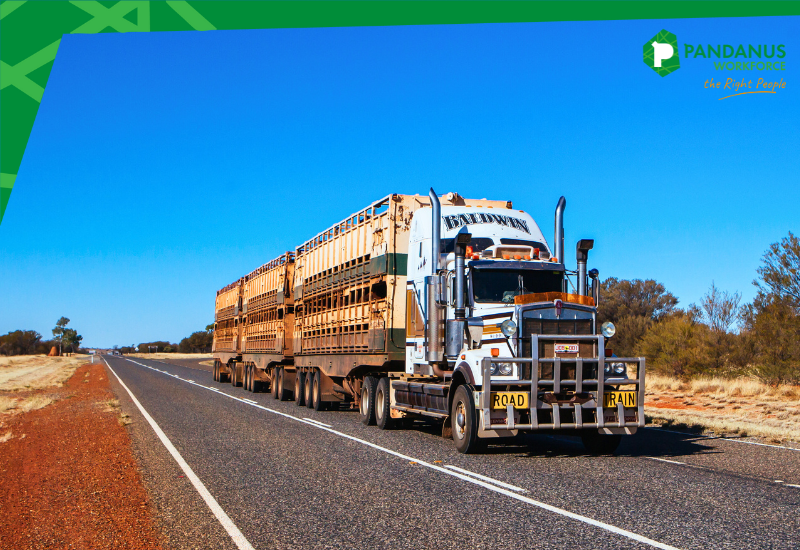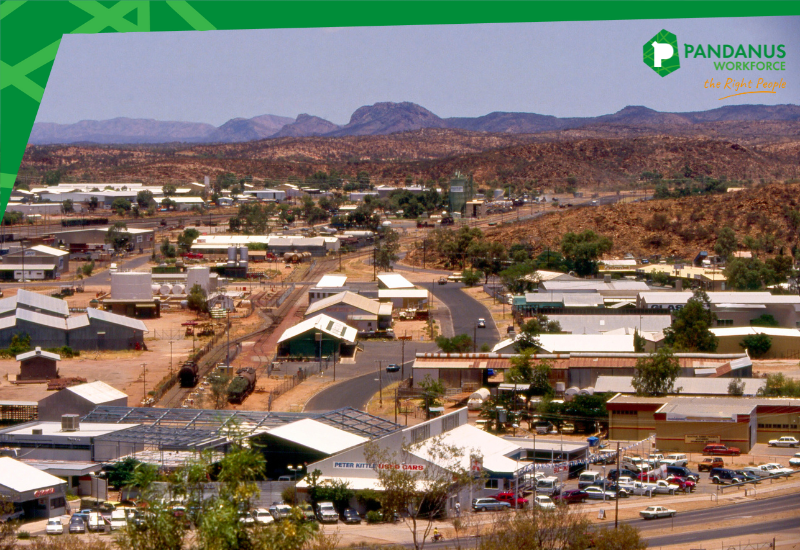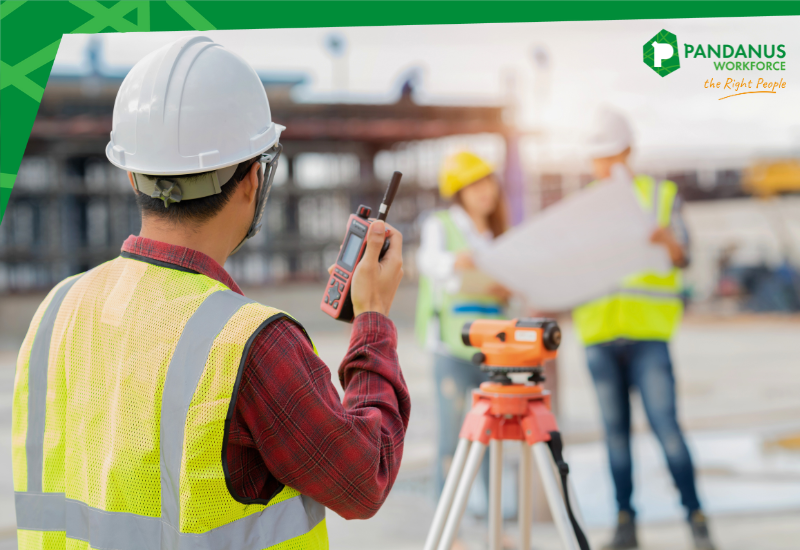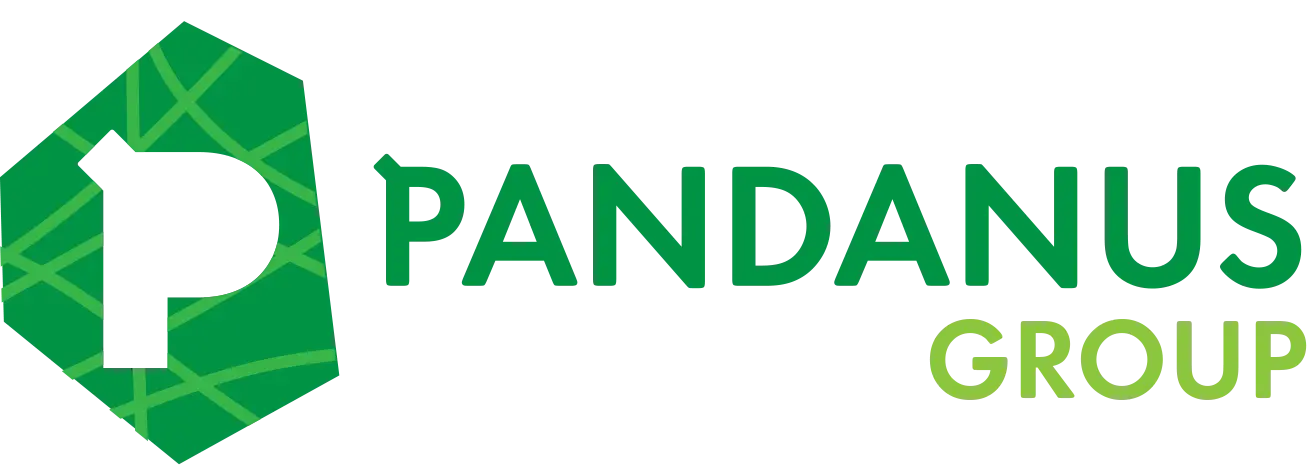Now, I’ve touched on this subject previously; however, in light of the recent senate inquiry into the Indigenous Advancement Strategy (IAS) and the recently published list of recommendations, I would like to revisit this much debated topic.
Now, as a non-Indigenous person I don’t attempt to know how to fix this issue, I am only attempting to raise awareness of what we are doing isn’t working and we MUST change tact!
Now a bit about me, I grew up in the early 80’s on the small Aboriginal community of Wurrumiyanga (Nguiu) on Bathurst Island, north of Darwin. I think there is still a picture floating around somewhere of me, aged around 4 years old dressed up on Tiwi Grand final day, as the Tapalinga mascot? The local Tiwi Island AFL team my farther played with.
Growing up on the Tiwi Islands, I consider myself extremely privileged to have been embraced by members of this traditional owner group. Through the understanding of their culture and lifelong connection with the people and the land, I possess a strong commitment to the empowerment of the Indigenous people of Australia incorporating socioeconomic advancement.
Whenever the spotlight returns to this topic a surge in well-meaning RAP’s or similar documents follows. Are they achieving results and what does it all really mean?
What it means to me, quite simply, is a long term and meaningful connection with the traditional owners of the land on which you are working, whether it be project specific or otherwise. A beneficial joint partnership that links your moral compass and the commercial realities of business.
One such engagement model that I have had the pleasure in implementing, was a successful employment and workforce development program that not only provided capacity around Aboriginal and Torres Strait Islander employment (around 20 – 30% of the total workforce) but built socioeconomic advancement through the establishment of an 100% Indigenous owned Labour hire company that provided approx 750 Aboriginal employees with employment.
Late last year I had the absolute pleasure of exploring this very journey with a senior and exceptionally strategic human resource manager of a major civil contractor in Brisbane. It’s a discussion I could happily have 100 times over and one I thoroughly enjoyed, as it provided meaningful direction to the organisations core values regarding Aboriginal engagement and the use of workforce development strategies together with Labour hire options.
This discussion was not only from a place of passion and dedication but a strategic, long term direction, based on a holistic approach to workforce development. During which we explored how by integrating culturally rich learning and development practices into their operations, they can significantly increase engagement and employment numbers through a labour hire model whilst developing socioeconomic advancement.
Engagement with traditional owners. Yes, it is a long term concept and yes it takes commitment. But, if done correctly, the commercially driven ROI is huge. Not to mention the ‘Employer of choice’ and diversity benefits to an organisation.
The real long term benefit of this concept to an organisation willing to develop these strategies, is that you are locally engaged with those who possess a deep understanding of the project area. Another added benefit, and sometimes hidden benefit, is that you minimise lengthy delays in cultural heritage / Native title issues. All the while being provided with a local workforce; a workforce that is ‘Indigenous’ to the project area and who are 100% invested in the project.
Yes, I agree, for any project to be achieved on time and under budget we have deliverables that are commercially driven. However, I do also firmly believe that the key to long term success in the procurement of viable and cost effective projects, are sound and effective Aboriginal and Torres Strait Islander engagement strategies.
I have worked with and been a part of some really great organisations that have seen the real economic and moral benefit of these strategies in play and I must say, there is currently a lot of good work being done within my networks nationally to increase Aboriginal and Torres Strait Islander engagement across the business community!
In conclusion, as this area is a real passion of mine (if you hadn’t already picked up on it!), I naturally see the benefits for any organisation willing to invest. However, my challenge together with those that advocate for increased engagement, is to keep educating the market in the long term benefits and ROI!!
Only through education can you keep learning and adapting!
As always, my door is always open and my phone is always answered.
